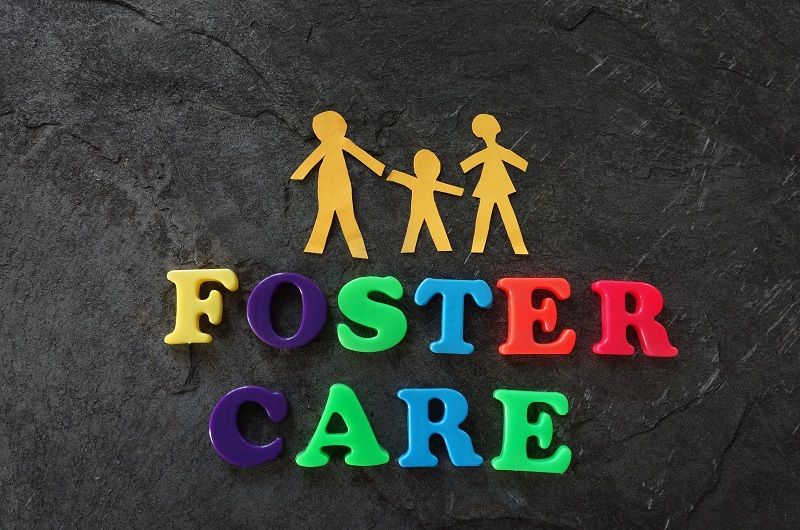The federal government’s HealthCare.gov website has been nearly useless for a month. Now, millions of Americans are beginning to receive letters informing them of the cancellation of their current health insurance policies―proving the inaccuracy of President Obama’s promise that “if you like your health care plan, you can keep your health care plan.”
But news reports on ObamaCare as the calendar turned to November largely missed another important story. A controversial provision of the Patient Protection and Affordable Care Act (ObamaCare) suffered a judicial setback in the D.C. Circuit Court of Appeals on November 1. Writing on behalf of the court, the judge highlighted an important civil libertarian concept which is also at the heart of many principled objections to the health care law.
In Gilardi v. U.S. Department of Health and Human Services, the D.C. Circuit Court granted the plaintiffs, who own a family business, a preliminary injunction against the imposition of the HHS Mandate requiring inclusion of contraception and abortifacient drugs in employee health insurance plans. The Gilardi family, who are Catholics, contend that the HHS Mandate requiring coverage for contraception, sterilization, and abortion-inducing drugs violates their religious beliefs and that requiring their company to cover employees’ contraception, or else pay a $14 million penalty to the IRS, is unduly burdensome. The court sided 2-1 with the Gilardis. In her ruling, Judge Janice Rogers Brown made a distinction between “noninterference” with a person’s choices and the “compelled subsidization” of those choices by another party.
The Obama Administration has consistently held that the HHS Mandate requiring contraceptive coverage is necessary to protect women’s reproductive and abortion rights. The Administration argues that women’s right to have access to contraception trumps the First Amendment rights of those who object to providing these services on religious or moral grounds. The President has refused to accommodate the conscience objections of policyholders, religious and secular employers, and charitable organizations during ObamaCare rulemaking.*
However, Judge Brown wrote on behalf of the court that “it is clear the government has failed to demonstrate how such a right―whether described as noninterference, privacy, or autonomy―can extend to the compelled subsidization of a woman’s procreative practices.”
The distinction between “noninterference” and “compelled subsidization” is important for reasons broader than conscience objections alone, and it should strike a chord with civil libertarians. The expansion of government programs and entitlements (including medical benefits specifically handpicked by the government) pits the newly created “rights” of some to receive additional products and services, against the rights of other people who may be paying for them in whole or in part (as employers, policyholders, or taxpayers).
Charles Krauthammer recently explained the connection between ObamaCare’s health care entitlements and coercion this way:
“The planners knew all along that if you force insurance buyers to overpay for stuff they don’t need, that money can subsidize other people. Obamacare is the largest transfer of wealth in recent American history. But you can’t say that openly lest you lose elections. So you do it by subterfuge: hidden taxes, penalties, mandates, and coverage requirements that yield a surplus of overpayments. So that your president can promise to cover 30 million uninsured without costing the government a dime. Which from the beginning was the biggest falsehood of them all. And yet the free lunch is the essence of modern liberalism. Free mammograms, free preventative care, free contraceptives for Sandra Fluke. Come and get it.”
Once the government has successfully compelled all Americans to purchase health coverage―even against their will―under ObamaCare’s individual mandate in order to make this wealth transfer possible, it is a short slide into compelling Americans to subsidize other people’s benefits to which they morally object.
To protect Americans’ constitutional rights, and rein in the entitlement culture, the courts need to affirm consistently that not interfering with another person’s choices does not mean forcing others to provide, subsidize, or enable those choices. According to the Becket Fund for Religious Liberty, 77 cases representing 200 plaintiffs have been filed against the HHS Mandate on First Amendment grounds. Regardless of Americans’ disagreements over the ethics of contraception and abortion, the freedom not to be financially complicit in the choices of others to which one morally objects ought to be a value on which many of us can unite. The First Amendment may end up being one of the last legal defenses citizens have against the unfettered expansion of the entitlement state.
* The HHS Mandate has an extremely narrow conscience exemption which does not apply to for-profit businesses or to organizations which may be religious by any common-sense standard but are not run by a church.











